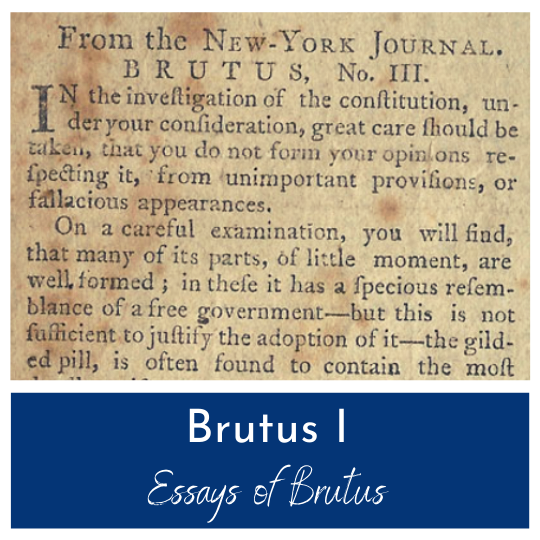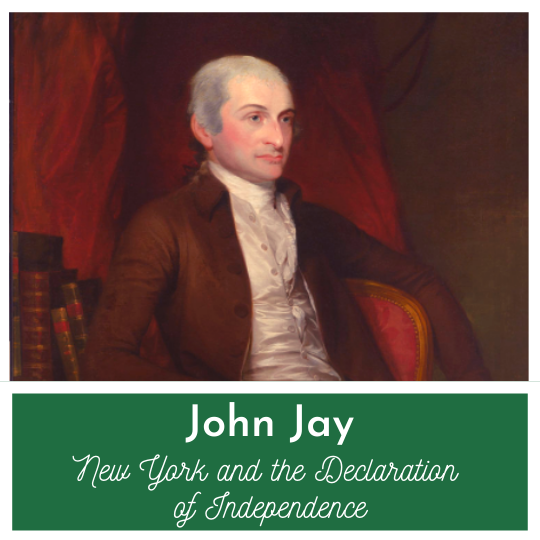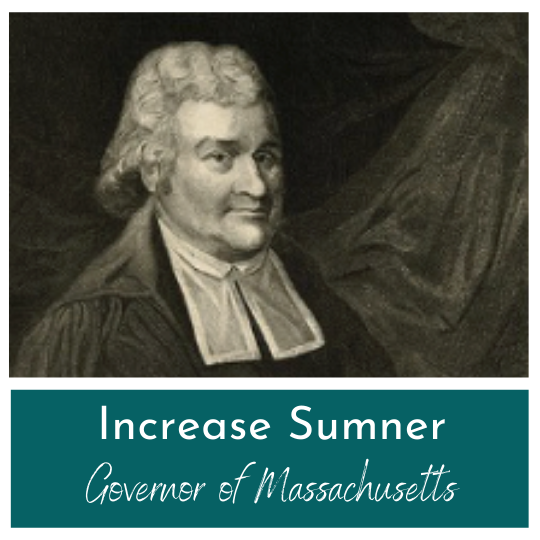The Essays of Brutus - Brutus I
Brutus I was the first in an influential series of Anti-Federalist essays.
Brutus I
18 October 1787
The Essays of Brutus, a collection of sixteen Anti-Federalist Papers published in New York City, are often considered the most important writings against the adoption of the United States Constitution.
The author, writing under the pseudonym of Brutus, has yet to be identified. Traditionally, credit has been given to Robert Yates, although Melancton Smith is often seen as a possible candidate. Smith was a close associate of Yates at the time and either way would have influenced the content.
Further possible authors that have been floated are Robert’s uncle, Abraham Yates, and Thomas Tredwell.
Consolidation
The first Brutus essay begins with a general outline of the situation followed by an assessment on the Constitution.
Much of this paper follows along nicely with the only-just-recently published Federal Farmer.
Brutus acknowledges that the proposed government is not an entirely federal government, but suggests that it is so close that eventually the States will be rendered useless and a national government would take over
He focuses on the ‘necessary and proper’ clause of the Constitution to indicate that the federal government can do anything it desires.
Furthermore, the power of taxation was so great and judicial responsibility so open-ended that the States would stand little chance if the Constitution were to be ratified.
Free Government
Brutus continues by asking whether a free government (AKA: a republic) could successfully rule over such a large territory.
He suggests that it could not by giving a bit of a history lesson and then pointing out how unreasonable it is.
Brutus points out that in order to appropriately represent the people, a government would have to include too many members to make regular operations occur. (For example, if we still went by the Constitution's 1 Congressperson for every 30,000 people, we’d have over 11,500 people in the House of Representatives as of 2020.)
Additionally, Brutus believed that for a free government to work, the people required “a similarity of manners, sentiments, interests” as opposed to the wide variety found across the United States.
In conclusion, Brutus indicates that a government of this extraordinary size would surely result in a distant government cutting loose from the control of the people and abusing its power.
This series is only part of my regular publications, but…
If you want to keep up with all the Founders, make sure you subscribe to my daily newsletter here:
I’ve put a lot of time into reviewing the Federalist Papers, so if you want to read more, check them out here:
If you would like to read the original text of Brutus I, click here to get it for FREE.






